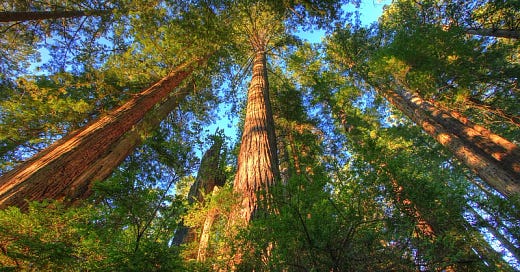Week 35: Gas, the U.S., Kamala and China Plus Something Called Biodiversity!
Dear all,
Biodiversity will be big business. These words were echoing in my head as I listened to a summary from one of the sustainability conferences; they kept coming back like a jingle in a pop song. Indeed, everything we do depends on biodiversity, and everything we do has a significant impact on it. Natural capital is, for the most part, free. Nature-based solutions—just the sound of this makes anyone with doubts reconsider. It’s a solution, it’s positive, and it’s nature-related. Triple wins in one sentence. Yes, nature is indeed providing solutions for its own survival while consciously ignoring our presence in its domain, despite our sincere belief that we are the masters.
As I read through some of the descriptions of biodiversity funds—there are a few out there—and biodiversity approaches published by leading financial institutions, I was struck by the language used to describe “our” human approach to ecosystem services, natural capital, and biodiversity. We act as though we own it. It’s ours to master, use, and capitalize on. What other species inhabiting nature might have to say, or what stake they have in it, is not up for discussion. I wonder how nature and all its creatures would judge our contribution to “solutions” based on our track record.
The latest "State of Finance for Nature" report, released at COP28 by the UN Environment Programme (UNEP) and its partners, highlights a staggering imbalance in global financial flows. Each year, close to $7 trillion is invested in activities that directly harm nature, a figure that represents about 7% of the global Gross Domestic Product (GDP). In stark contrast, investments in nature-based solutions in 2022 amounted to only $200 billion—a mere fraction compared to the colossal sum funneled into nature-negative activities. This disparity underscores the urgent need to address the intertwined crises of climate change, biodiversity loss, and land degradation.
Keep reading with a 7-day free trial
Subscribe to ESG on a Sunday to keep reading this post and get 7 days of free access to the full post archives.



